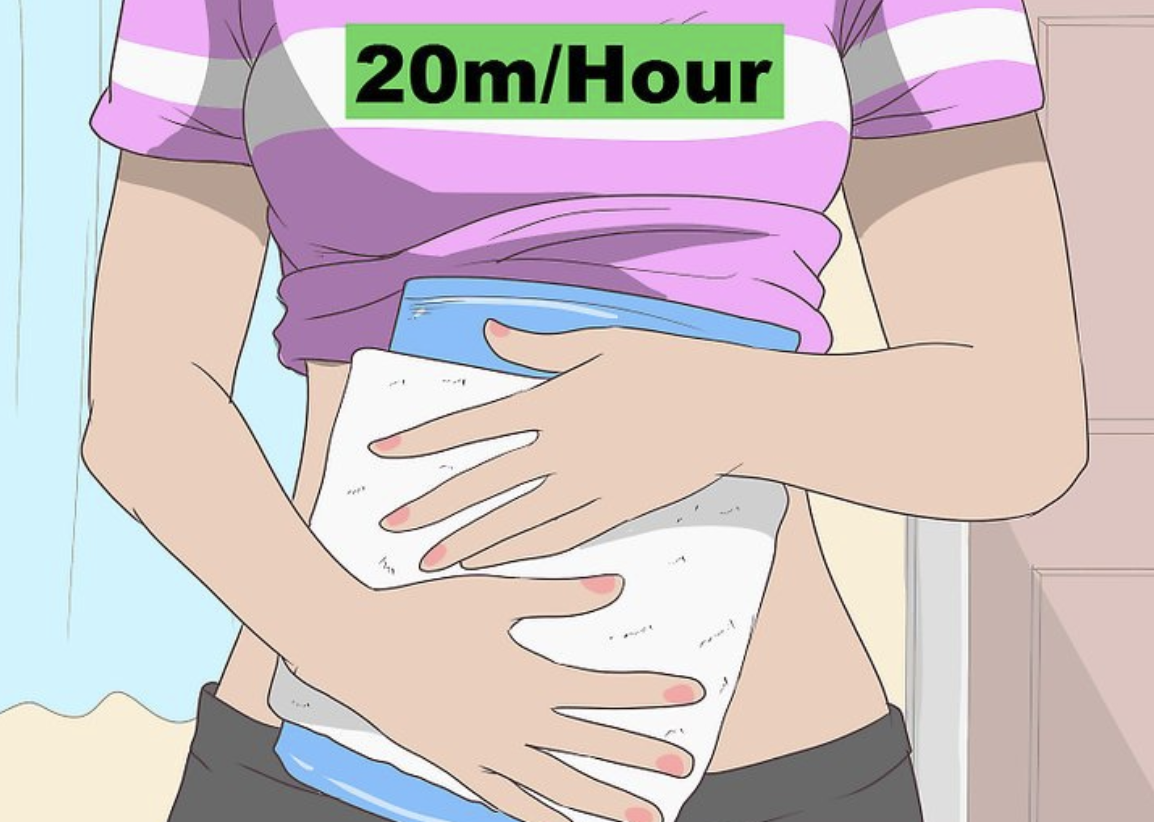Most people undergo belly swelling at some point. Workouts, supplements, and massages can all help to reduce belly swelling fast, and easy lifestyle modifications can stop it from reoccurring. Belly swelling is when the stomach appears full and tight. It generally occurs due to a development of gas someplace in the gastrointestinal (GI) tract. Swelling causes the belly to look bigger than normal, and it may further feel sore or uncomfortable. Fluid retention in the body can also lead to swelly belly. Surgeries like an hysterectomy can also cause swelly belly.
Belly swelling normally occurs when excess gas builds up in the belly or organs. When swelling happens immediately after a meal, it normally fixes itself, but it is regularly likely to advance this process. The best way to stop abdominal swelling is to learn its cause. Typical triggers for swelly belly include:
Food allergies
Intolerances
Constipation
Surgeries
Diet. Fizzy beverages, too much salt or sugar, and inadequate fiber in the diet can all cause bloating.
Hormonal changes. Many people experience bloating before and during their periods due to hormonal changes and water retention. And surgeries like hysterectomies can also cause swelly belly.

9 Incredible Ways To Reduce Abdominal Swelling (Swelly Belly)
1. Go for a Stroll
Physical movement can make the bowels move more often, which can help to loosen excess gas and stool. Making the bowels move is particularly essential if you are feeling constipated. A stroll around the neighborhood can produce quick relief from gas trouble.
2. Peppermint Supplements
Peppermint oil supplements may also be effective for indigestion and abdominal swelling. Companies usually sell them as a remedy for the symptoms of irritable bowel syndrome (IBS), but people without IBS can also use them to abdominal bloating.
Peppermint acts as a relaxer for the intestinal muscles, which enables gas and stool to travel along more efficiently. Anyone that is predisposed to heartburn should bypass using peppermint. Always follow the instructions on the packet.
3. Yoga Postures
Certain yoga postures can put the muscles in the belly in a manner that stimulates the release of gas from the GI tract. This can decrease swelling.
Child’s Pose, squats, and Happy Baby Pose can all encourage the release of buildup and reduce swelly belly.
4. Abdominal Massages
A massage that mimics the pathway of the large intestine is particularly helpful. Massaging the stomach can assist to get the bowels going.
Follow the steps below to reduce swelly belly:
Place hands above the right hip bone.
Rub in a circular motion with light pressure up toward the right side of the ribcage.
Rub straight across the upper belly area toward the left rib cage.
Move slowly down toward the left hip bone.
Repeating as necessary.
If the massage creates any discomfort, it is best to end it immediately.
5. Essential Oils
A study from 2016 tested the effectiveness of supplements including a mixture of fennel and curcumin essential oil in 116 people with mild-to-moderate IBS. After 30 days, people recorded an improvement in their IBS symptoms, including swelling and abdominal pain.
Do not consume essential oils without speaking to a doctor first. Some formulations may be toxic or can conflict with medication, and there is no control of dosages.

6. Increase Fiber intake
Increasing fiber intake may help to manage abdominal swelling.
Consuming more fiber helps to stop constipation and swelling. Most humans do not receive enough fiber, with only 5 percent of people reaching their suggested daily fiber intake of 25 grams (g) for females and 38 g for males.
Nevertheless, it is necessary to have in mind that consuming too much fiber or raising fiber intake too suddenly can create even more gas and swelling. Humans may notice unfavorable effects from consuming more than 70 g of fiber a day.
When building fiber consumption, it is important to start gradually and build consumption over numerous weeks to support the body to adapt to this shift in the diet.
7. Avoid Gum
The sugar alcohols in gum can cause swelling in some people. Gulping air while chewing may lead to swelling and gas pain. Opt to utilize ginger mints or peppermints to refresh your breath instead.
Additionally swallowing food fast can inject air into the digestive tract. Sipping from a straw can also lead to swallowing more air, which in turn leads to gas and swelling. People who have swelling should desist using straws if feasible and try chewing slowly to avoid swallowing air during meals.
 Tip: Hot or cold compress also reduces abdominal swelling.
Tip: Hot or cold compress also reduces abdominal swelling.
8. Consume Probiotics
Probiotics are good bacteria that live in the intestines. Choosing a probiotic supplement may help to improve the colon bacteria that can produce gas and cause swelling.
9. Reduce Salt Intake
An abundance of sodium makes the body retain water. This can cause a swollen feeling in the belly and other areas of the body, such as the hands and feet. Reducing salt intake can also reduce swelling in the belly.
If you’re dealing with a swelly belly after a hysterectomy find more specific tips here.